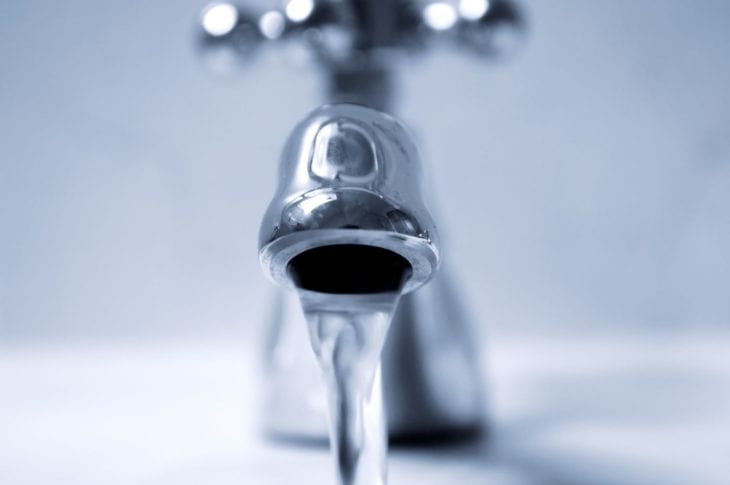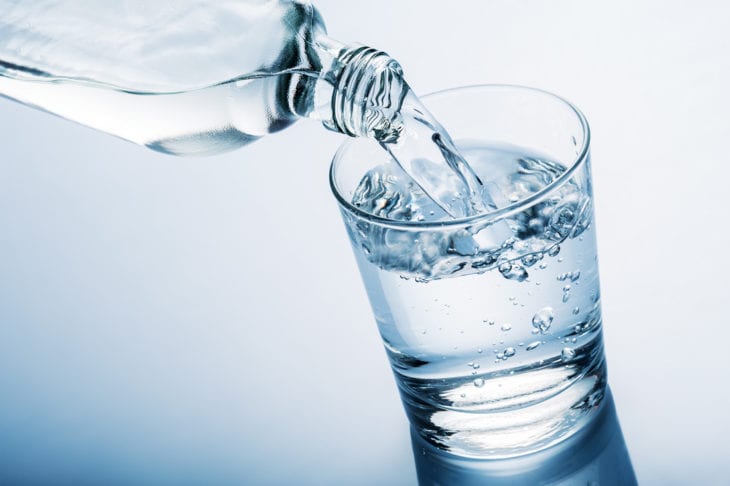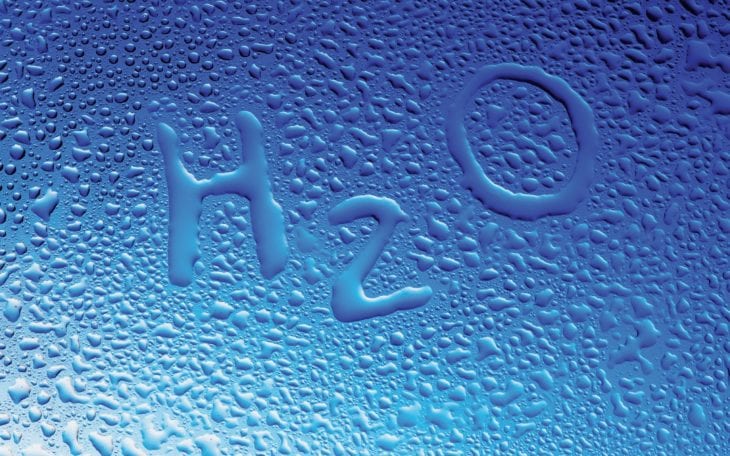Water is a limited, valuable resource, and one of the vital cornerstones of the environment. The future of our planet depends largely on society’s ability to conserve our water supplies, and to ensure minimal pollution of waterways. Astoundingly, despite water covering 70% of the Earth’s surface, less than 1% is available for human use. With the alarming dawn of global warming, it’s essential that massive effort is undertaken to restrict and review our water usage.
Knowing just where to start can be daunting, but to make it that bit easier, we’ve compiled eleven simple ways to conserve water around the home:

Img source: latimes.com
1. Turn off taps. Houzz recommends starting your water-saving journey by breaking a bad habit. Letting your taps run unnecessarily while you wash your hands, brush your teeth, and rinse your dishes is a massive waste of water, not to mention a needless drain of your money. Turn off your taps whilst completing these activities, and make sure all your taps are leak-free and watch your water bill decrease!
2. Install water efficient appliances. Lifestyle blog Peaceful Dumpling recommends purchasing/upgrading to eco-friendly home appliances as a means through which to save water. Often newer models will have updated water-saving features and will limit the amount that is wasted per use. Whilst some of these appliances can be expensive, the money you save from your water bill will line your pockets instead.
3. Only run full loads. Having a relatively regular laundry schedule can help households save water every week. Doing fewer washes, but fuller loads can make a massive amount of difference. Also, become familiar with your washing machine’s features, if a smaller load is absolutely necessary, there are more efficient settings to use.
4. Have shorter showers. It’s amazing the amount of water that can be saved every day by reducing the length of your showers. Even a minute can mean the difference between several liters. Also, consider turning the water off briefly when washing hair.
5. Use one glass a day. Reusing glasses and dishes throughout the day can make a massive difference in the number of dishwashing loads you will have to run daily. Alternately, get into the habit of using a drink bottle.

Img source: marketdigestng.com
6. Eat less meat. The UNESCO-IHE Institute for Water Education estimates that to produce one pound (454g) of beef, it requires 1847 gallons of water (6992L), a colossal waste for such little return. Vegetables, rice, and other such substitutes require far less water, so reducing the amount of meat you eat by even one meal a week can make a massive difference.
7. Keep water in the fridge. On hot, summer days, instead of waiting for tap water to cool up, or using extra water to make ice cubes, keep a jug of water chilling in the fridge, ready to use when thirsty.
8. Store rainwater. Reuse tubs or large receptacles by keeping them in the garden, ready to catch rainfall. There are lots of ways to use rainwater that will save you turning on the tap or hose!
9. Cover your pool. As Forbes cleverly mentions, pool covers are an awesome way to retain a pool’s temperature and reduce evaporation. This can prevent the need to replace water lost during the summertime.
10. Adjust your sprinkler settings. Oftentimes sprinkler systems are installed with one-size-fits-all settings, but this doesn’t account for the unique layout of your garden. A lot of water is wasted on driveways, footpaths, and other non-natural causes, meaning more money, and water, down the drain.
11. Compost. Treehugger suggests that rather than using a garbage disposal, consider composting your food and plant scraps. Not only can the scraps benefit your garden, saving them from the dispenser saves a lot of water.

Img source: sites.google.com
Cutting back on water use is not only incredibly beneficial for the environment, but it also helps save a great amount of money. It never hurts to be conscious of your environmental footprint, and conserving water around the house is an easy way to be more aware of your impact. With the sacrifice of the longer showers, and the occasional beef patty, comes the knowledge you’re making a significant difference to the planet’s future.
